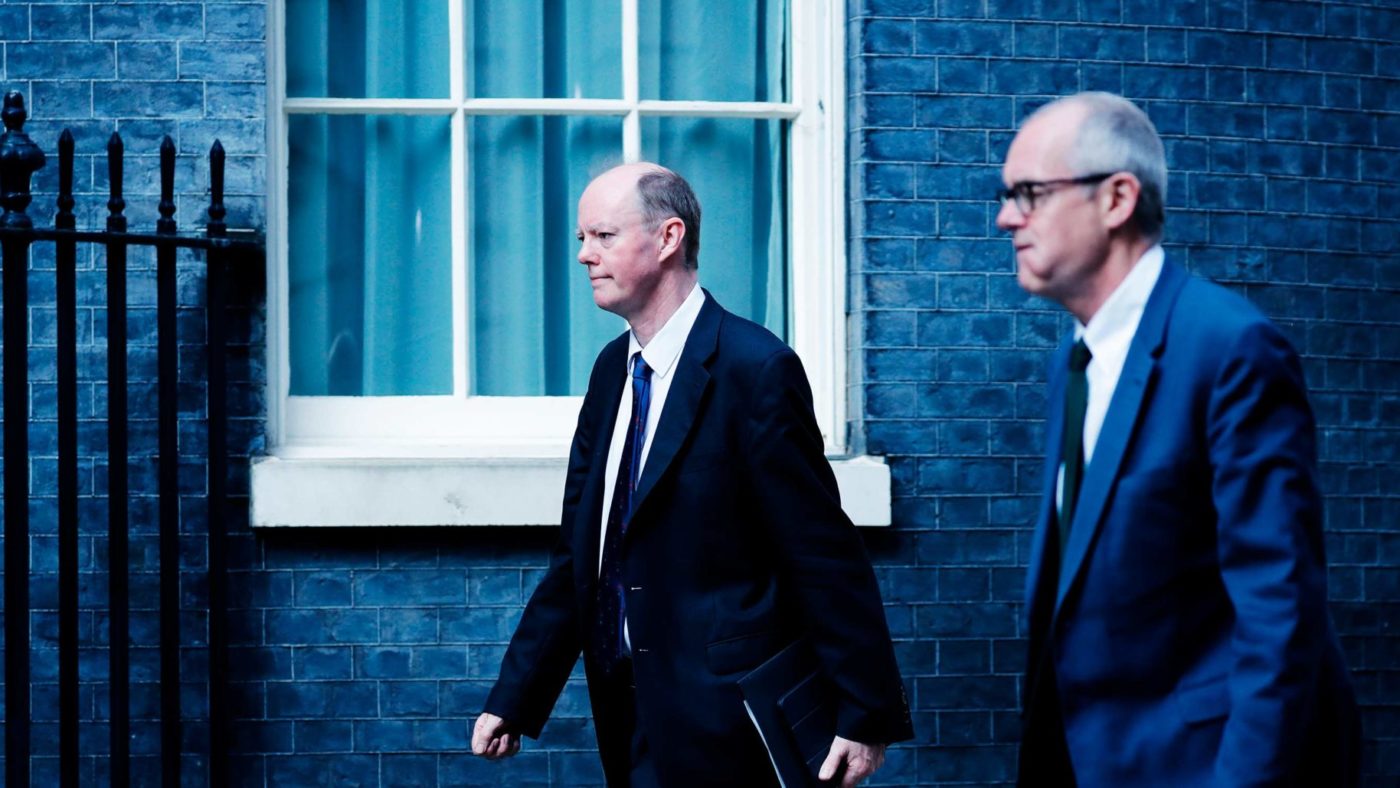For critics of this government, news that Dominic Cummings attended meetings of a key scientific advisory panel was a smoking gun – proof that coronavirus policy was being guided by vulgar politics, rather than the considered views of the experts.
In truth, a senior government advisor attending such a meeting during the greatest crisis in a generation being deemed worthy of a front page probably says more about the dearth of real news than the story itself. A cynic might also suggest the concern is more driven by the presence of Cummings in particular, rather than someone from the government in general.
There is, of course, legitimate debate about who should attend which meetings, and how people’s presence might influence others’ contributions. The more interesting issue, though, is the notion that scientific advice can or should be neatly cleaved off from politics, as though one is on a pedestal that can only be sullied by the interference of the other.
That idea rests on pitting a clear, precise scientific view against the grubby trade-offs inherent in political decision-making, with the SAGE committee simply presenting politicians with a neat solution which can then be swiftly enacted. You hear echoes of the same sentiment, incidentally, in climate activists imploring political leaders to listen to ‘the science’, as though there were a Lower Carbon Dioxide Emissions button simply waiting to be pushed.
But as this pandemic has made abundantly clear, even where they agree on the diagnosis, people with great expertise can disagree quite profoundly about the best course of action. Indeed, a look through the minutes of the various meetings, advice and decisions over the last few months shows a constantly changing picture, with both scientists and politicians having to adapt to new information all the time. One minute ministers are lambasted for not following a particular epidemiological model, the next a leading scientist is saying the advice so far has been “driven far too much by epidemiology” – a particularly remarkable comment coming from a professor of epidemiology.
This lack of clarity must be particularly perplexing for a public brought up on a romantic idea of science as a series of inspired individual insights, of Archimedes in the bath or Isaac Newton under an apple tree. Not only are most of these tales apocryphal, but their depiction of the lone genius is the antithesis of the years of diligent collective toil that characterises scientific endeavour.
In the case of Covid-19 the idea of a game-changing epiphany is particularly alluring. After all, ‘we don’t really know’ and ‘these things take time’ are unsatisfying, dispiriting message for people cooped up at home while the economy falls apart before their eyes.
The closest thing the current situation might offer to a Eureka moment is the development of a working, safe vaccine – though we don’t know with any certainty that one will be forthcoming, let alone how long it might take, or which country will be the first to produce it.
And even then, as the mathematician Adam Kleczkowski wrote recently, vaccinating millions of people in short order is no simple matter – and that’s before we consider potential diplomatic fireworks of deciding whose citizens might get priority. Or, to put it more bluntly, those grubby political trade-offs are going nowhere, no matter how many scientists are in the room.
Click here to subscribe to our daily briefing – the best pieces from CapX and across the web.
CapX depends on the generosity of its readers. If you value what we do, please consider making a donation.


